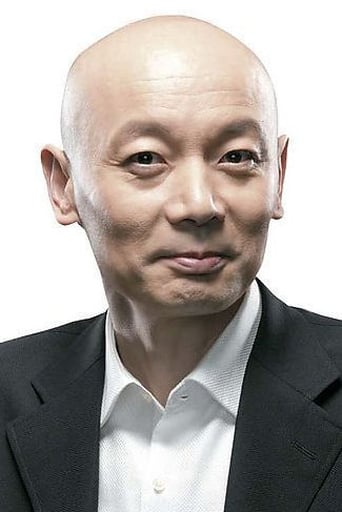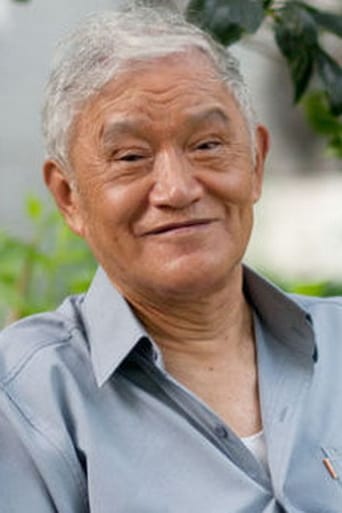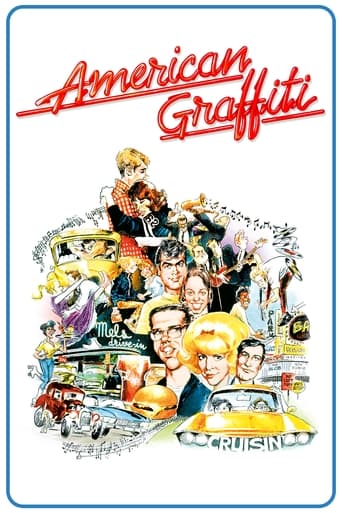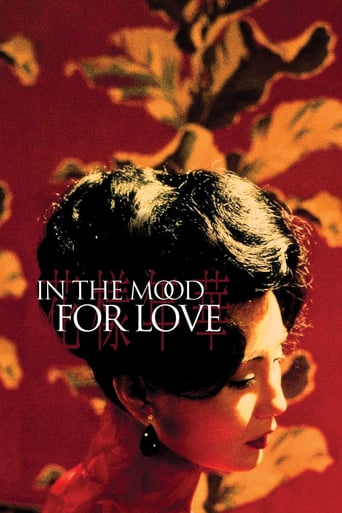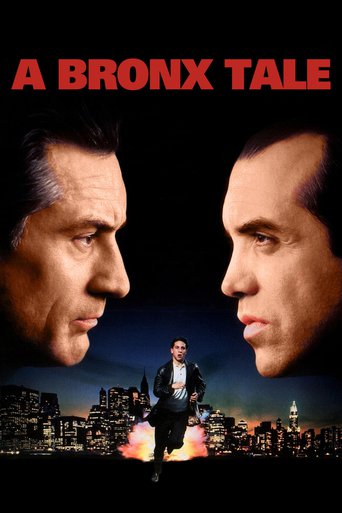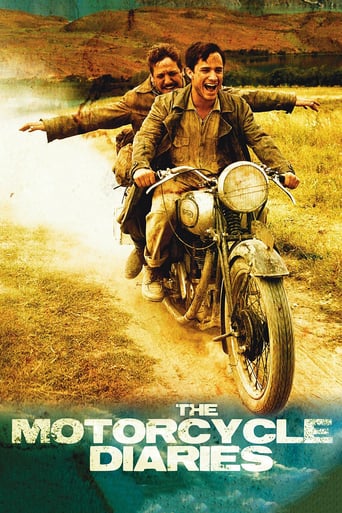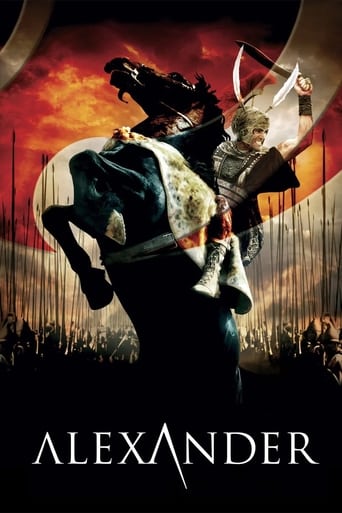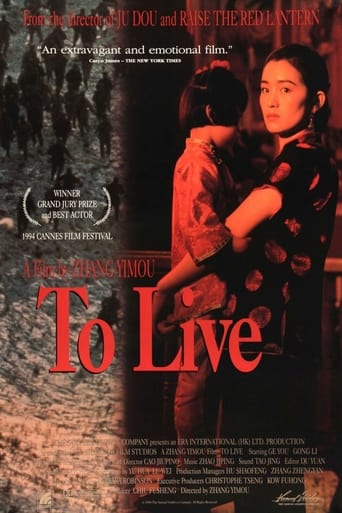
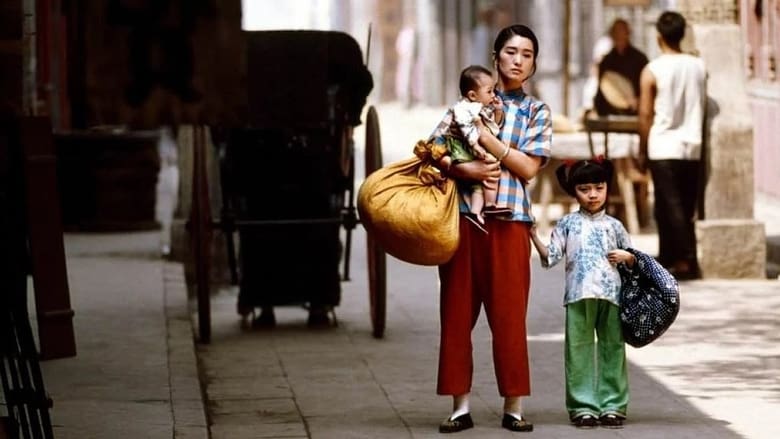
To Live (1994)
Fugui and Jiazhen endure tumultuous events in China as their personal fortunes move from wealthy landownership to peasantry. Addicted to gambling, Fugui loses everything. In the years that follow he is pressed into both the nationalist and communist armies, while Jiazhen is forced into menial work.
Watch Trailer
Cast
Similar titles
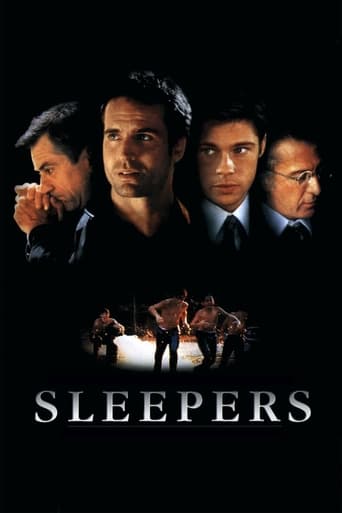

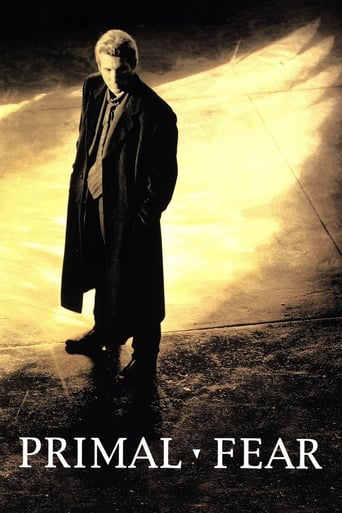
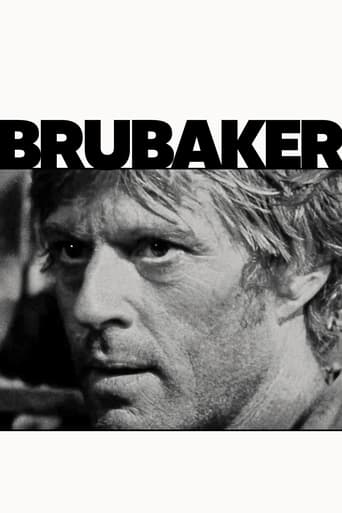
Reviews
This is a tender, generous movie that likes its characters and presents them as real people, full of flaws and strengths.
It's complicated... I really like the directing, acting and writing but, there are issues with the way it's shot that I just can't deny. As much as I love the storytelling and the fantastic performance but, there are also certain scenes that didn't need to exist.
The performances transcend the film's tropes, grounding it in characters that feel more complete than this subgenre often produces.
if their story seems completely bonkers, almost like a feverish work of fiction, you ain't heard nothing yet.
The entire film does an exemplary job in giving the movie goer a transcendent viewing experience. The cinematography was especially poignant.
I saw this together with Red Lantern and viscerally knew which one I preferred right away. Having given it a few days to sit now, I see that Red Lantern has grown even more in my estimation while this has almost completely faded from view.Lantern was precisely contained within narrative walls, it abstracted life by placing us in the midst of turning cycles of life and wove cloths out of that turning in the form of rituals that marked passage; color, sound, weather, architecture. It was akin to a Buddhist mandala to me, a cosmic picture directing me to find my own place in the center of things, choose repose over madness.Zhang by contrast here wanders unconstrained, under the auspice of history, aiming for a full chronicle of sorts of Chinese life as a family moves through the decades. The stage backdrop changes frequently; Civil war, Great Leap, Cultural Revolution.We do still have the turning of cycles and it does create a (cosmic) picture; a life of comfort squandered by the man's ignorance who loses it all, to one of hardship and quiet abiding. But eventually it doesn't direct towards a center that will illuminate the turn as something more than the ramblings of history.And it's simply not a very enviable position to want to be the chronicler of history like Zhang is trying to here, it reminds me of how Kusturica stifled himself in similar endeavors. It means our reference point always has to be an externally agreed version of reality and we have to be chained to that sweep.You can see him try to root himself in something more essential - the husband becomes a puppeteer putting on shadow plays for the people, life as the canvas where these evanescent shadow plays are enacted, now losing a fortune, now gaining back your family, so that we could see it from the distance of transient flickers of drama. Civil war is introduced as someone hacking down the screen, revealing war as another play that demands its actors assume their place.But this is forgotten in lieu of stopping at various points of history so that it ends up being more the Oscar winning type than history parting to reveal myriad reflections like Andrei Rublev. Had it come out from the West, I'm sure it would have won a few and the wonderful Gong Li her first. The best I got out of it eventually was the sense of a man and woman trying to make their way together as the skies shift and the stage quakes by the ignorance of unseen puppet masters enacting their little plays. The Great Leap castigated as a wall collapsing on a little boy, because the man who crashed his car and the boy were both overworked and needed sleep.Zhang took care to color history within certain lines so that we veer close to the monumental failures of the era but never quite see the full brunt of the horror, famine or mass persecution, only bits of abuse in passing. It was still banned by Party hacks anxious to control the play.
Title: Huozhe (To Live)Directed by Yimou ZhangReleased: 1994To Live is a powerful drama set in mainland China which highlights many of the ills associated with the various changes in Chinese society during the mid-20th Century. The story spans across four of the most dramatic decades of political, social, and economic reform in Chinese history. Each decade encapsulates a particular event of Chinese socio-political upheaval. The film begins during the Civil war, leading into the midst of the 'Great Leap Forward', followed by the Cultural Revolution. The film follows the lives of Fugui, his wife Jiazhen, and their children Fengxia and Youqing, and depicts the manner in which Chinese families had to cope and adapt to the drastic upheaval in order to avoid being labelled a "capitalist" or a "reactionary" and suffer retribution. The family have to constantly change and reaffirm their identities in a desperate attempt to avoid reprisal. Sadly, as the story demonstrates this is something that in such a stirring time simply cannot be avoided.The Director, Yimou Zhang, utilizes fade shots to suggest the passing of time, the contrast between rich and dull backdrops to imply certain moods, the grandiose landscapes to symbolize isolation, and puts great emphasis upon the symbolism of the shadow puppetry scenes which are heightened by fire illuminating the canvas screen from behind.Fugui is a gambling addict in denial. He is confronted by his wife Jiazhen, a strong, devoted, and selfless woman, with the choice of either giving up gambling and joining her in leading a simple life with their daughter Fengxia, who after a childhood illness becomes a partially deaf mute, or to continue his current lifestyle alone. Youqing, the youngest member of the family, is mischievous and likable and while his father is away, develops a very strong attachment to his mother and his sister.Throughout the film the couple are forced to adapt to the rapid social changes around them in order to protect their family. Their agency as human beings is rendered down to the point where their foremost priority is to follow the majority and keep a low profile, while the fear of reprisal and becoming a target of the community leads the two to blame one another or themselves for the ills bestowed upon them by the socio-political situation in which they find themselves living. In one such instance Youqing stands up against three children who are bullying Fengxia and wrestles the main perpetrator to the ground. Later at a communal meal, Youqing pours a large bowl of hot noodles laced with a healthy quantity of chilli sauce over the head of the instigator stinging his eyes. Fugui tries to restore calm to the situation but the other boys' father claims he is a "counterrevolutionary". Fearing retribution of his sons' actions, Fugui feels compelled to publicly administer a thorough flogging upon Youqing. Fugui was unaware of the events which led to his son acting in such a way, but it is safe to say that regardless of whether he did or not know he would have had to have done the same. Having seen first-hand the hysteria that had gripped the public and how quickly such a seemingly insignificant accusation could suddenly lead to the masses calling for ones' head (the execution of Long'er), there was little else he could do.The two major personal tragedies the couple suffer are the deaths of their two children. The responsibility & circumstances of both deaths can be attributed to the shortcomings of the misguided political regimes during which they each passed. Firstly, Youqing, who at the age of 6 is sent out to work as requested by the government so the township can meet their steel production quota. The boy, having been overworked, has not slept in 3 days and is allowed to have a nap behind a concrete wall. The wall is struck by the district chief's jeep, which then topples over on top of the boy crushing him to death. In a strange twist of fate the District Chief responsible for the premature death of Youqing is Chunsheng - a friend of Fugui's from the civil war and the days of his shadow puppet troupe. Guilt-stricken, Chunsheng frequently offers the couple money as compensation. Jiazhen, out of principle and anger towards Chunsheng, does not accept the money, whereas Fugui does not accept the money in order to maintain his working class appearance. The fear of being labelled a "capitalist" certainly plays on his mind which could lead to him being imprisoned or even executed.The second instance is decades later when their only remaining child is giving birth to their grandchild. Because of the 'great leap forward' where educated peoples were persecuted there were no doctors at hand to care for their daughter during childbirth. They raise this issue with her husband, a leader of the Red Guard, so he collects a specialist from the detention centre to overlook proceedings. The specialist is visibly weak from starvation and stuffs himself full of steamed buns which ultimately incapacitate him when he is needed most. Fengxia, shortly after the birth begins to haemorrhage, but because there are no doctors in the hospital, and only students, nobody knows what to do to save her, which results in Fengxia slowly bleeding to death, dying silently in her mother's arms.The film makes one question whether these dramatic social upheavals were ultimately worth the tragedies so many families must have suffered and endured over the course of those four decades. Fugui throughout most of the film appears unassured by the direction China is heading, but supports the majority out of fear and for the safety of himself and his family. Towards the end of the film however, despite the horrendous losses he and his wife have suffered, Fugui appears genuinely convinced that society is moving forward and for the better of the new generations.
As much as I have been transported by some of Zhang's epics in the way he manages to play with that kind of feeling and develops an interesting sense in the beauty of the images through colorful surroundings, graceful gestures and the the sometimes tragic intensity of themes of the ancient mystified past of the Chinese culture. As much as I cherish those attempts, I must say the book, from which this story is profiled, is entirely prominent on a variety of aspects. For a start, the main character shows a completely different behavior throughout the original story. At the beginning, for example of demonstration to the comparison I am making, he shows himself much more arrogant and unconscious. That attitude is an important factor that leads him more naturally to be an easy prey for this gambling that has become a fierce influence. And it heats up his mind in a rhythm almost like a trance of forgetfulness. Also it is said that the head of the gambling house is playing with him in a more subtle way, that the dices were loaded and that the game is set much more viciously against him, that he is on longer run of being manipulated thats it shows on the screen. Hence When he realizes that he's at the end of the road, that he has lost everything, he doesn't start crying like a little boy going "oh no what have I done and so on", no, the realization comes on to him like a heavy burden of unspeakable knowledge of the consequences he mindlessly ignored until it fell on him in single overpowering blow, and that is mostly how it happens with a lot human mistakes and which gives a sense reality to it, if you mind my experience on many materials related to this given fact. Even with the necessity to squeeze out the script many events thus making it possible to turn the initial story into a 2 hour film (at least for a challenge such as this one), a lot misjudging was avoidable on that part. I could go on and on about the important details that have been so mindlessly ignored and that washed the essential core of this heart ripping story, and yet it is full of fleeting joy through what seems to be an endless downfall of bitter events that strikes this man and his family. This film is like a bad Walt Disney version of it's original form, it's too much of a sentimentalist view to hook onto the historical veracity to which junctions the credibility of the tale, also the conditions the characters go through by what they confront should show noticeable side effects which a bit light on the screen. Thus the initial dimension of the characters has been sterilized by these severe lacks. If all those components had been more seriously followed then there is no doubt this adaptation could have reached a totally different result on its quality scale and it really is just a shame.
